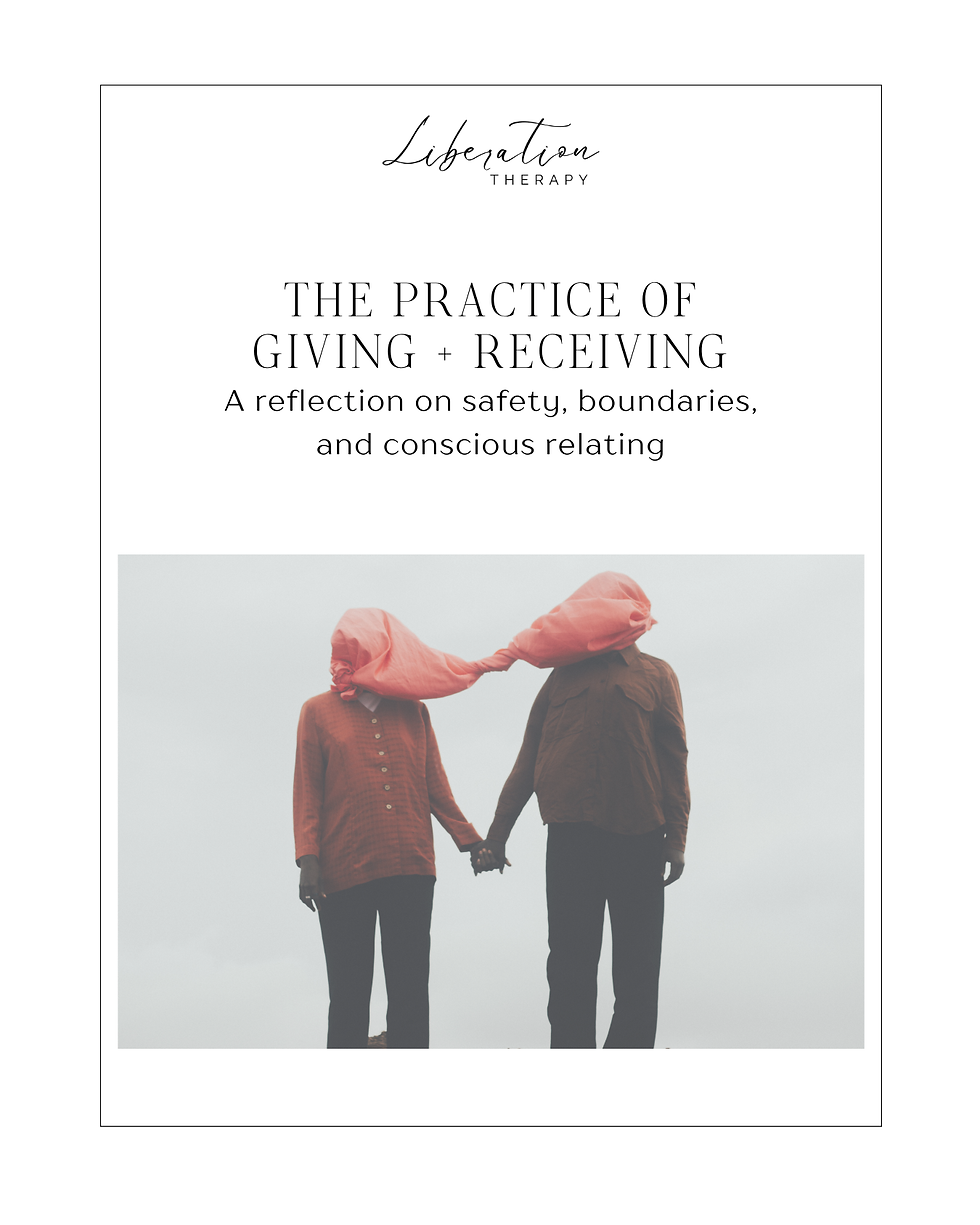Pleasure and Self-compassion
- Zero (aka Charlie Nicely)

- Apr 19, 2024
- 2 min read
Updated: Sep 13, 2024

Your relationship with pleasure is positively correlated to your relationship with self-compassion. To the degree that you open to pleasure is to the same degree that you can open to self-compassion, as self-compassion activates the pleasure center of the brain (the orbitofrontal cortex) and releases dopamine.
For some of us, pleasure has been used to get out of the aliveness of our experience, to distract ourselves from feelings of unworthiness, anxiety, fear, grief, restlessness, etc. As a result, we may develop a bias against pleasure, conflating it with distraction. In truth, pleasure is as much a part of the tapestry of life as anything else and our tendency to be distracted by it or to use it to distract ourselves is relative to our inner stability and spaciousness, not our external circumstances.
A bias against pleasure and self-compassion can also come from trauma and can look like inflicting harm on ourselves through seeking out situations and people that move us towards harshness, as it’s comfortable and familiar, not yet opening to allowing ourselves to receive pleasure from others.
A bias against pleasure and self-compassion can also look like feelings of unworthiness, turning ourselves and our lives into a project or something to be fixed, feeling that self-compassion is self-indulgent, mistaking self-compassion for feeling sorry for ourselves, or simply not allowing ourselves to experience softness and tenderness in our body.
Without the lamp of compassion, we cannot see well enough to navigate in the dark of our shadow and trying to do deep emotional work will only be an act of self-aggression. Where there is no compassion for ourselves, there is no growth. Self-compassion is our spirit’s way of making the unbearable bearable. We do not have to be good. We do not need to fix ourselves or anyone else. Softening and opening is enough.
--
“You do not have to be good.
You do not have to walk on your knees
for a hundred miles through the desert repenting.
You only have to let the soft animal of your body
love what it loves. …”
Mary Oliver



I love the metaphor of self-compassion as a lamp that brings light to the darkness of our shadow.